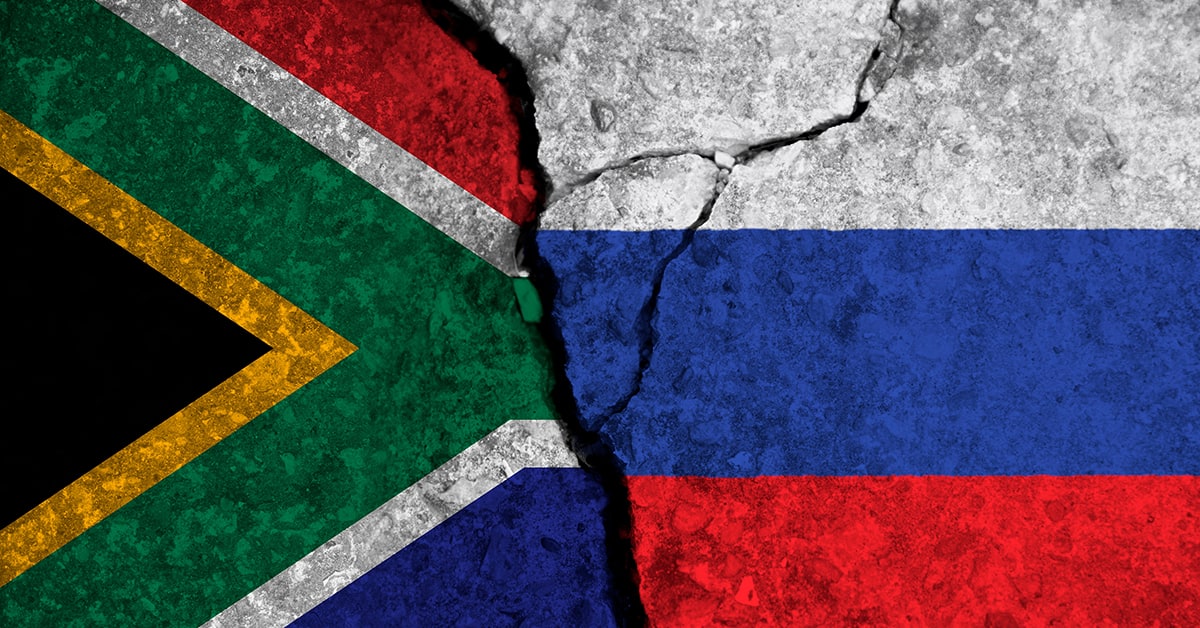New trading partners seek to gain sway, but former colonial powers are well-entrenched.

Although the UK, France and Germany still exert significant influence on their former African colonies, a new wave of countries seeks to gain influence through growing diplomatic, economic and military ties with countries on the continent.
Russia, Turkey, Israel and the Persian Gulf countries are expanding their influence within Africa as has the US and China, marking a shift in the balance of power among non-African nations active on the continent.
There are now more external actors operating in Africa than ever before. Still, the new players cannot displace the former colonial powers, since the engagement level of the former remains relatively small, according to Steven Gruzd, head of the African Governance and Diplomacy Program at the South African Institute of International Affairs.
“The stage is crowded with both traditional and emerging players,” he says. “All are vying for trade, investment, markets, influence and political and diplomatic support. It has created more complexity and more choices of partners for African countries, who must navigate many competing interests. Africa’s raw materials and consumer markets are attractive to older and newer actors alike.”
For example, Turkey had 12 embassies in Africa in 2009 but currently has 43 embassies on a continent with 55 countries, exemplifying the diplomatic momentum coalescing around the new players.
Russia, meanwhile, has aggressively pursued strategic objectives in Africa, such as securing a foothold in the eastern Mediterranean, gaining naval port access in the Red Sea, expanding natural resource extraction opportunities and promoting alternatives to democracy as a regional norm.
The expansion of these states’ activities in Africa hinges on bilateral relations born from a genuine belief that any relationship formed positively affects the continent.
“In the past, exploitative commercial interests singularly underlined the lopsided relationships involving the colonial powers and their colonies,” says Tinashe Nyamunda, an associate professor in the department of Historical and Heritage Studies at the University of Pretoria (UP). “Today, the emergence of new relationships is not an indication of a shift in the balance of power but rather a confirmation, African states no longer play blind obeisance to Western influence.”
China has been the largest investor in Africa in the last decade, followed by the US, France, Turkey, UK, Germany, India, Japan and the UAE, according to the Swiss-African Business Circle’s Swiss-African Business Relations Status Quo 2021 report.
Relations formed in the early stages of African states’ independence began with the Berlin Conference of 1884-1885, which regulated European colonization and trade in Africa during the colonial expansion by Europe, the United States and Japan during the late 19th and early 20th centuries. Today, the countries are forming symbiotic relationships where commercial interests drive the agenda.
“It’s not really a shifting balance of power when we see countries from other regions that were not associated with colonialism receiving a warm reception in African capitals,” notes Winnie Rugutt, a tutorial fellow in the department of Diplomacy and International Studies at the University of Nairobi. “It’s about economic gains and not about flexing global power. These emerging economies drawn from the Arab World, Eastern Europe and Asia see Africa as the next prospective frontier for doing business with mutual benefit for engaging states.”
Former colonial powers have not sat on their laurels, as they have aggressively tried to solidify their grip on former colonies. Take France, for example: In 2017, President Emmanuel Macron committed himself to recast France’s relationship with Africa during a visit to Burkina Faso. Four years later, Macron hosted the New France-Africa Summit in Montpellier, France on October 8, 2021, to showcase the policy’s results.
“The influence of the traditional powers from the West will not evaporate overnight. They have invested within the continent for a long time by engaging in public diplomacy where the tool of the trade is to win the hearts and minds of a populace, and they have verifiably succeeded,” says Rugutt.



